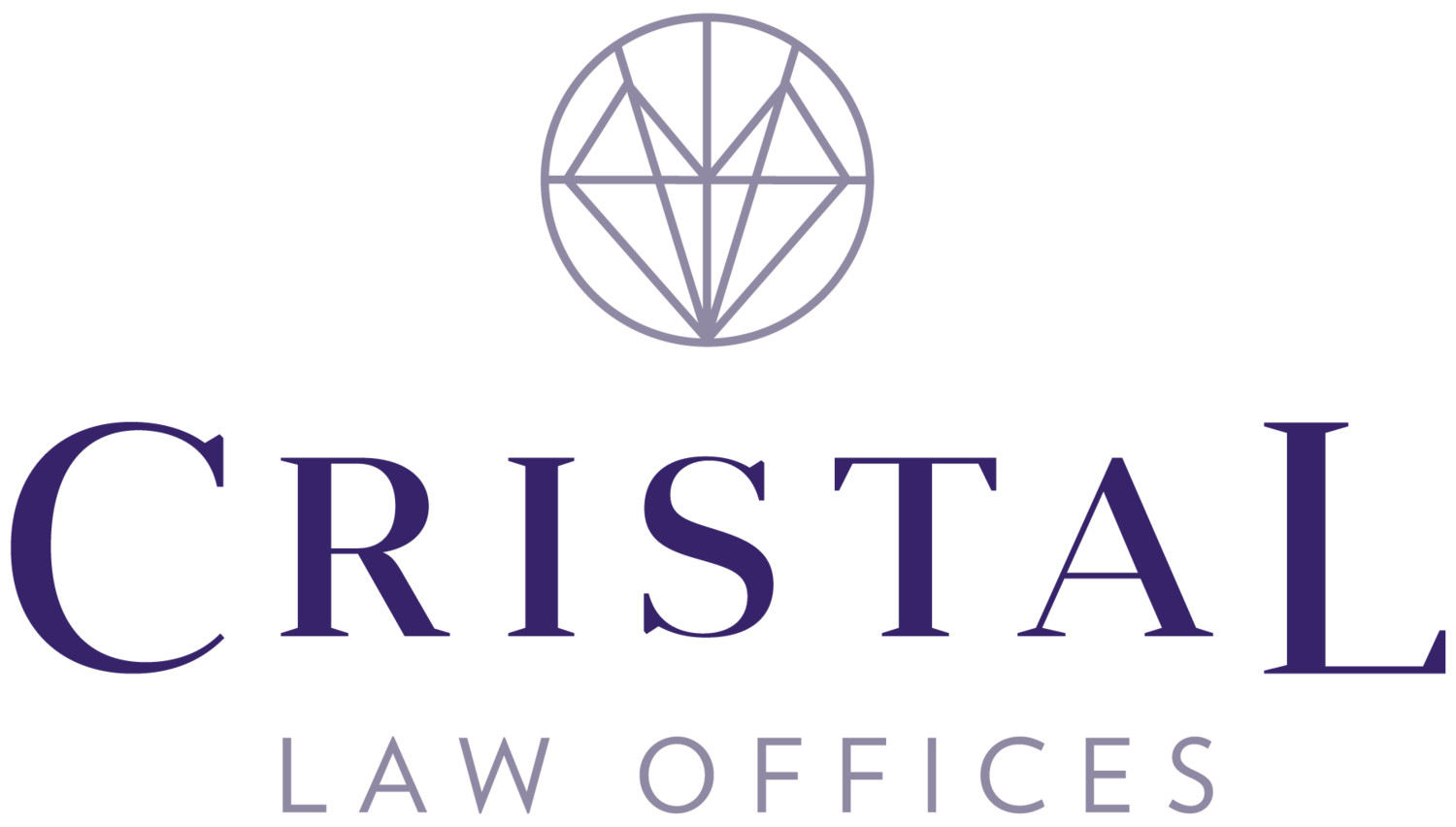For most of us, employment is a necessary condition for earning money. In many cases, unemployment can cause significant financial difficulty, which in turn has the potential to have a significant impact on a person’s credit rating. When employers use a job applicant’s credit score as a factor in hiring, it has the potential to cause a cycle of financial problems and unemployment. As a result, the California passed a law that took effect in 2012 prohibiting employers from using consumer credit reports in the hiring process, except in certain circumstances. As a result, people who are denied employment based on their credit report may be able to recover compensation through a lawsuit.
Under What Circumstances Can an Employer Check an Applicant’s Credit Score?
Recognizing that there are certain circumstances under which an applicant’s financial history and ability to effectively manage his or her finances may be relevant to a particular position, the law authorizes credit checks in certain circumstances. These are as follows:
A managerial position
A position at the California Department of Justice
A law enforcement or peace officer position
A position for which the information in the report is required to be disclosed or obtained by law
Certain positions that involve access to bank or credit card account information, social security numbers, and people’s birthdays
A position in which the employee would be a named signatory on the employer’s bank or credit card account, or authorized to enter into contracts or transfer money on the employer’s behalf
A position that provides the employee access to proprietary or confidential information
A position that involves access to more than $10,000 during the workday
Individuals who believe that they have been improperly denied employment by an employer who illegally checked their credit should discuss their options with an attorney as soon as possible.
Other Impermissible Reasons an Employer May Deny a Person a Job
While using consumer credit reports in making employment decisions is a serious issue, it is by no means the only form of impermissible discrimination that employers may make in the hiring process. Both state and federal law prohibit discrimination based on race, color, religion, age, disability, sex, national origin, as well as other characteristics. In addition, employers are also prohibited from retaliating against individuals who claim that they have been discriminated against or initiate legal action. In many cases, California law provides employeeswith significantly greater protections than those offered by federal law, so it is important for anyone who believes that he or she has been discriminated against to retain an attorney familiar with state employment law. In many cases, victims of discrimination are entitled to significant compensation.

